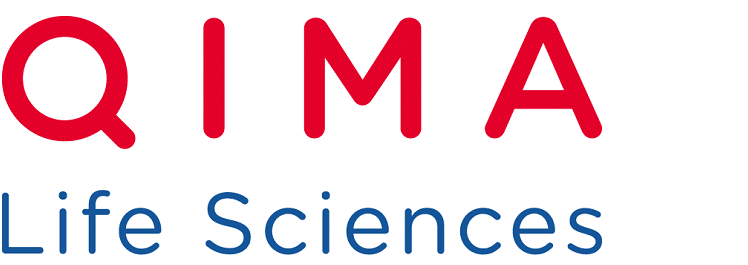Cerebrovascular β-amyloid deposition and associated microhemorrhages in a Tg2576 Alzheimer mouse model are reduced with a DHA-enriched diet
The FASEB Journal; 32(9): 4972-4983
HUR J., MATEO V., AMALRIC N., BABIAK M., BÉRÉZIAT G., KANONY-TRUC C., CLERC T., BLAISE R., LIMON I. (2018)
Biological Institute of Paris-Seine (IBPS), Centre National de la Recherche Scientifique (CNRS), Unité Mixte de Recherche (UMR) 8256 Biological Adaptation and Aging, UMR-Scientifique CR7-INSERM Unité 1135, Sorbonne University, Paris, France.
Center for Immunology and Infectious Diseases, Immune Intervention and Biotherapies, UMR-Scientifique CR7-INSERM Unité 1135, Sorbonne University, Paris, France.
Pierre Fabre Center for Research and Development, Pierre Fabre Research Institute, Toulouse, France.
Synelvia, Labège, France.
Abstract
Cerebral amyloid angiopathy (CAA) is a major contributor to Alzheimer’s disease (AD) pathogenesis. Like AD, CAA is often accompanied by marked inflammation, aggravating associated vasculopathies. No evidence-based prevention or treatment strategies are available. Here, we evaluate the possible beneficial effect of a diet enriched with docosahexaenoic acid (DHA), which is known to attenuate inflammation in CAA. Tg2576 mice, a transgenic model of AD/CAA, were fed a DHA-enriched diet starting at 2 mo of age and ending at 10, 14, or 18 mo of age. β-Amyloid (Aβ)-peptide deposition and bleeding were visualized by immunohistochemistry or histochemistry on coronal sections of the brain. DHA, arachidonic acid, and eicosanoid levels were measured by liquid chromatography/mass spectrometry or GC-MS. DHA-enriched diet throughout aging limits the accumulation of vascular Aβ peptide deposits as well as the likelihood of microhemorrhages. There is a strong correlation between systemic 12-hydroxyeicosatetraenoic acid (HETE) levels and the size of the area affected by both vascular amyloid deposits and hemorrhages. The lowest levels of 12-HETE, a lipid-derived proinflammatory product of 12-lipoxygenase (LOX), were found in DHA-fed mice. In vitro experiments performed on amyloid vascular smooth muscle cells showed that a 12-LOX inhibitor almost completely blocked the Aβ1-40 peptide-induced apoptosis of these cells. This study yet again highlights the important role of inflammation in CAA pathogenesis and identifies potential new targets for preventive care.-Hur, J., Mateo, V., Amalric, N., Babiak, M., Béréziat, G., Kanony-Truc, C., Clerc, T., Blaise, R., Limon, I. Cerebrovascular β-amyloid deposition and associated microhemorrhages in a Tg2576 Alzheimer mouse model are reduced with a DHA-enriched diet.
© 2018 The author(s)
KEYWORDS: 12-HETE; cerebral amyloid angiopathy; docosahexaenoic acid; vascular smooth muscle cells



